Recycled plastic can be more toxic and is no fix for pollution, Greenpeace warns – the Guardian
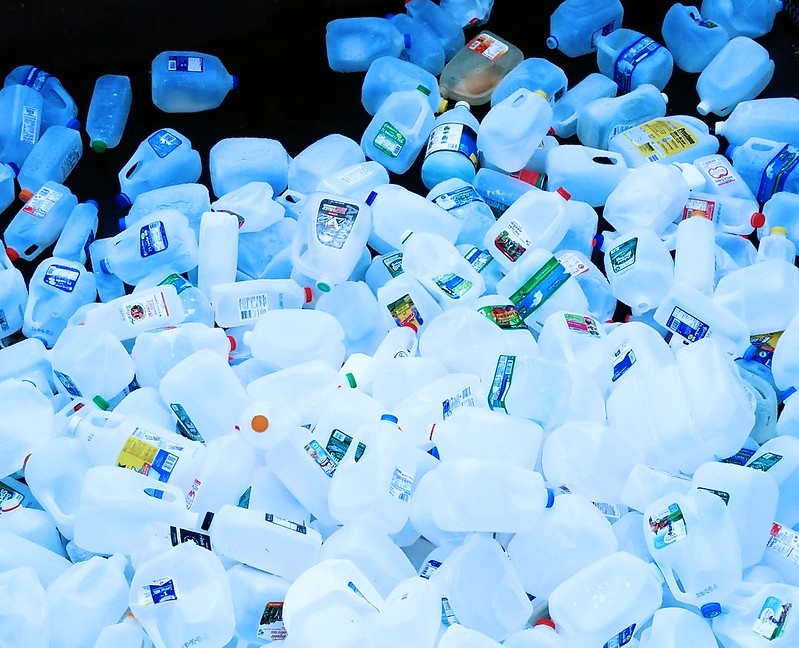
“Plastics are inherently incompatible with a circular economy,” the global environmental network said in a report that brings together research showing recycled plastics are more toxic than their virgin constituents.
The report, timed to coincide with the beginning of fresh talks for a potential global plastics treaty, comes as separate research has found breaking down plastics for recycling scatters microplastic pollution into the environment…
Fossil-Fuel Interests Try to Weaken Global Plastics Treaty – Scientific American
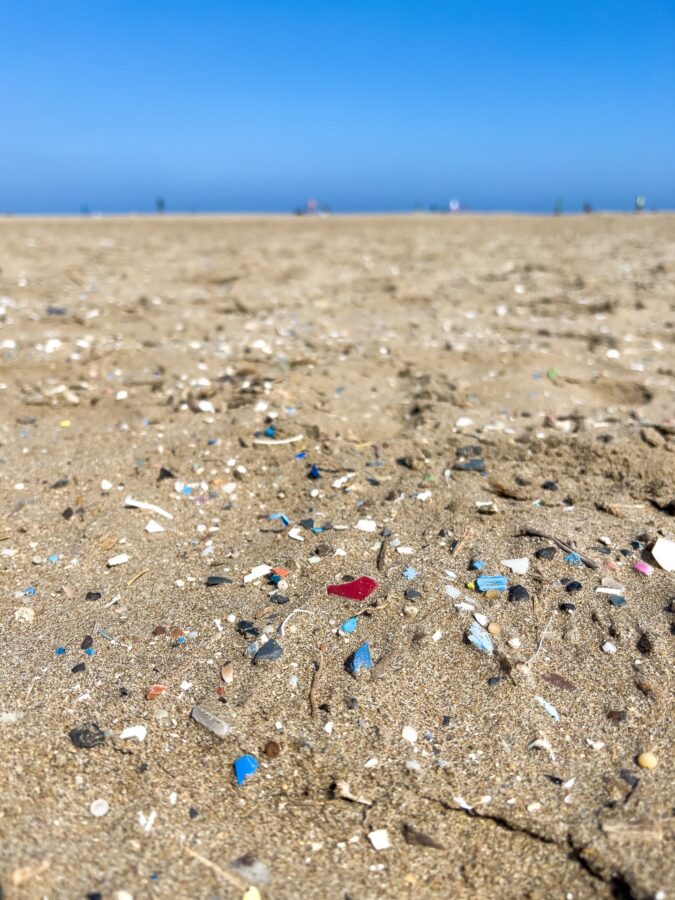
An international effort to rein in plastic pollution is running into resistance from China, Saudi Arabia and other nations that see a future in plastics amid declining demand for oil, gas and coal. That debate is playing out over the terms of a prospective global treaty that could set limits on plastic production and consumption. Environmentalists last year scored a landmark victory when 175 countries agreed to write a treaty designed to address the problems with plastic…
Who owns our trash—and why does it matter? – National Geographic
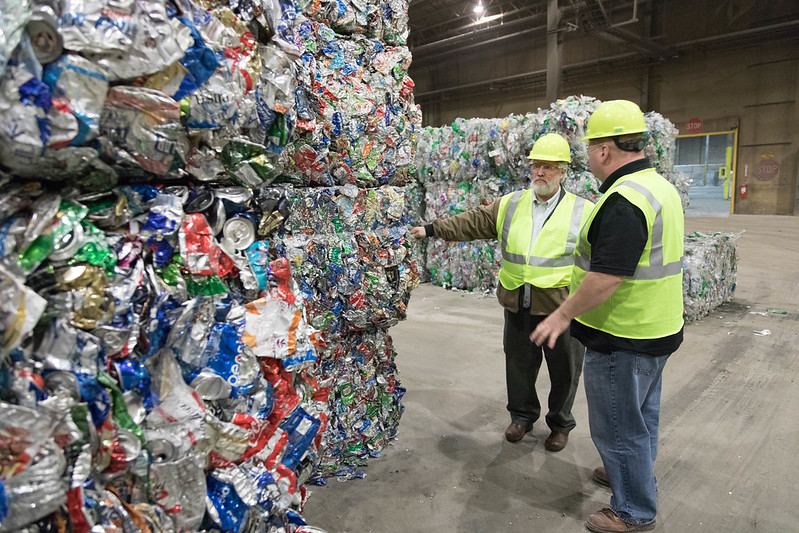
Who owns our trash? It’s a heated question being asked by waste pickers around the world who are uniting to fight for their survival. What we throw away, they insist, should be available to all.
Globally, up to 56 million people collect and resell the metal, glass, cardboard, and plastic that the rest of us toss…
Plastic bottles harm human health at every stage of their life cycle – the Grist
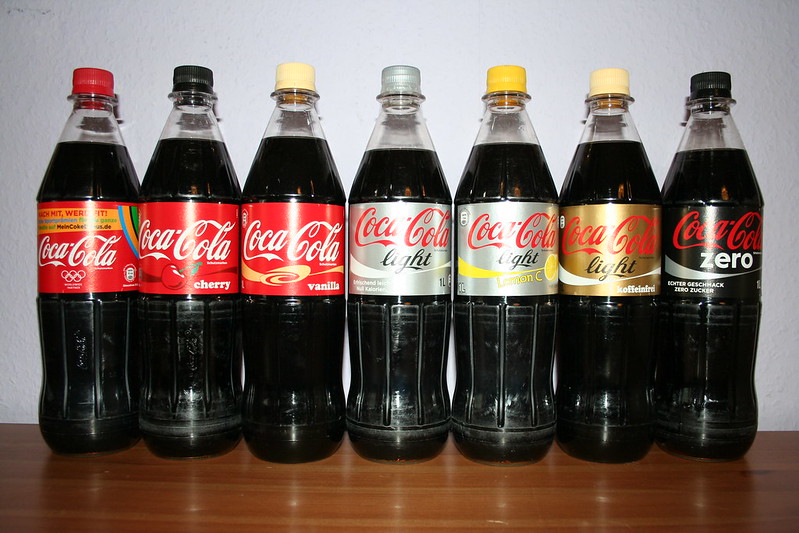
A new report says beverage companies like Coca-Cola must be “held accountable for the supply chain impacts of their plastics.”
In 1973, a DuPont engineer named Nathaniel Wyeth patented the PET plastic bottle — an innovative and durable alternative to glass. Since then, production has skyrocketed to more than half a trillion bottles per year, driven by beverage companies like Coca-Cola, PepsiCo, and Nestlé…
Yet Another Problem With Recycling: It Spews Microplastics – Wired Magazine
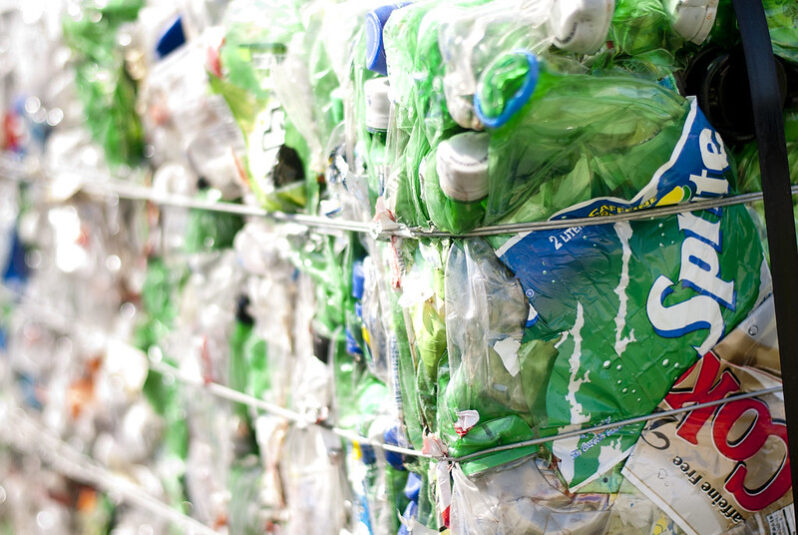
An alarming new study has found that even when plastic makes it to a recycling center, it can still end up splintering into smaller bits that contaminate the air and water. This pilot study focused on a single new facility where plastics are sorted, shredded, and melted down into pellets. Along the way, the plastic is washed several times, sloughing off microplastic particles—fragments smaller than 5 millimeters—into the plant’s wastewater…
From Gas Wells to Rubber Ducks to Incineration, the Plastics Lifecycle Causes ‘Horrific Harm’- Inside Climate News
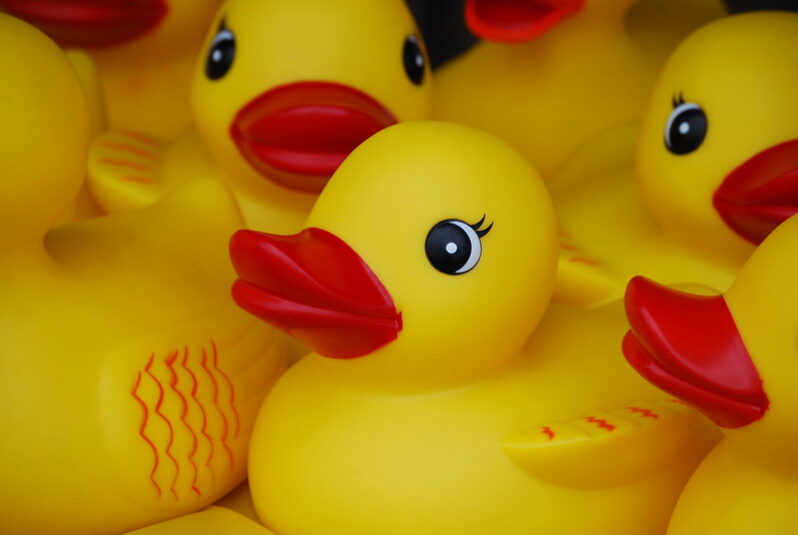
With plastic production expected to triple by 2060, a scientific commission this week recommended banning or severely restricting the manufacture and use of unnecessary plastics.
Plastic causes illness and death across its lifecycle, from production to use and disposal, a team of nearly 50 scientists concludes in a report made public Tuesday…
How do you tackle microplastics? Start with your washing machine – the Grist
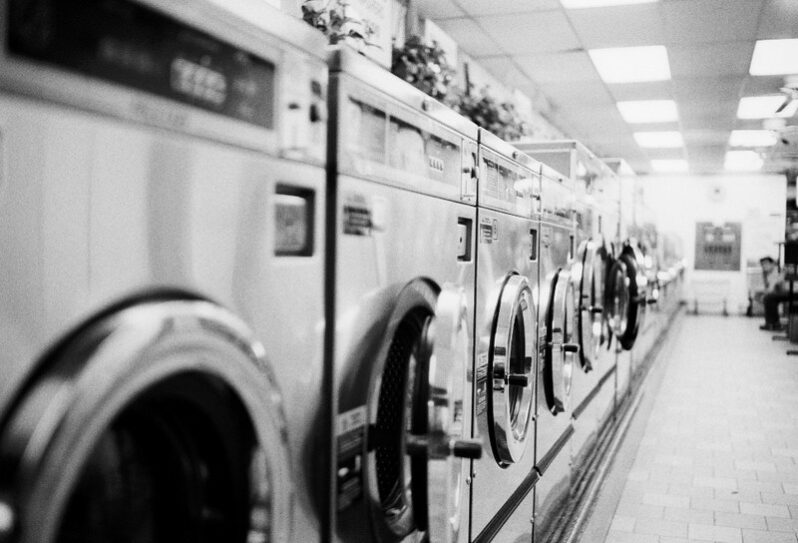
Simple filters could help remove microfiber pollution from your laundry. But experts say a broader portfolio of solutions is needed to address the problem.
As environmental challenges go, microfiber pollution has come from practically out of nowhere. It was only a decade or so ago that scientists first suspected our clothing, increasingly made of synthetic materials like polyester and nylon, might be major contributors to the global plastic problem…
American cities want to recycle their plastic trash in Mexico. Critics call it ‘waste colonialism.’ – the Grist
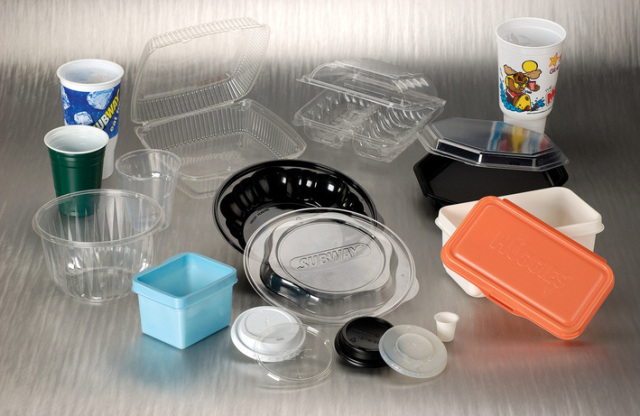
Just ahead of this year’s Super Bowl in February, the City of Phoenix, Arizona, published a peculiar press release touting its strategy for waste diversion. Thanks to its relationship with Direct Pack Incorporated, a multinational company that makes and recycles plastic, the city said it would be able to send much of its plastic waste to Mexico for recycling…
Microplastics Are Filling the Skies. Will They Affect the Climate? – Yale Environment 360
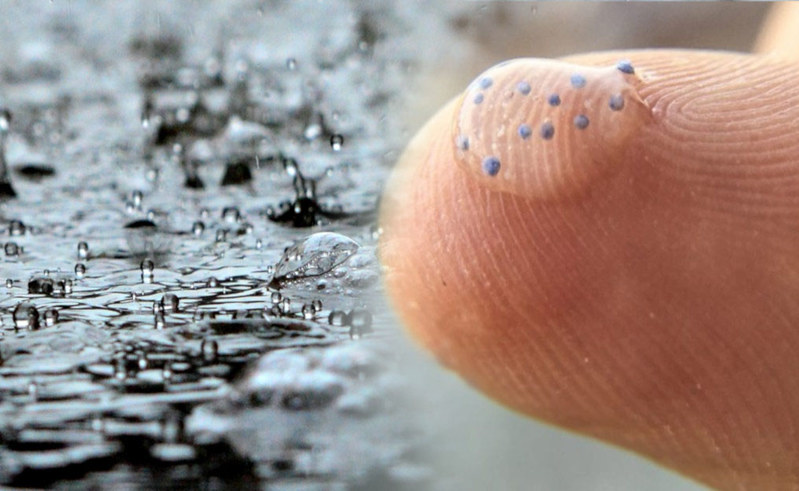
Recent studies reveal that tiny pieces of plastic are constantly lofted into the atmosphere. These particles can travel thousands of miles and affect the formation of clouds, which means they have the potential to impact temperature, rainfall, and even climate change.
Plastic has become an obvious pollutant over recent decades, choking turtles and seabirds, clogging up our landfills and waterways. But in just the past few years, a less-obvious problem has emerged…
